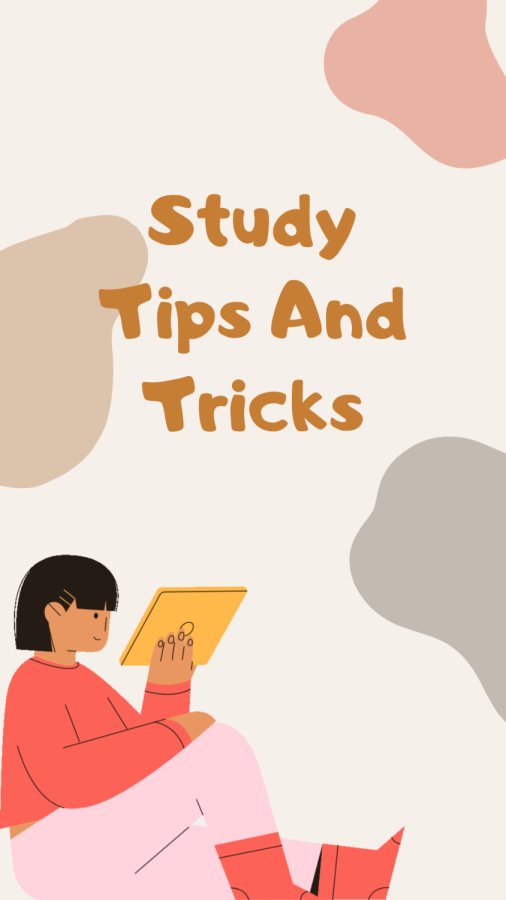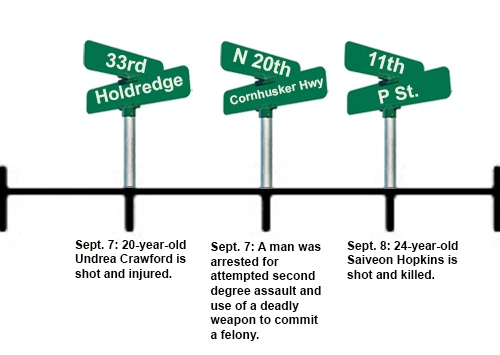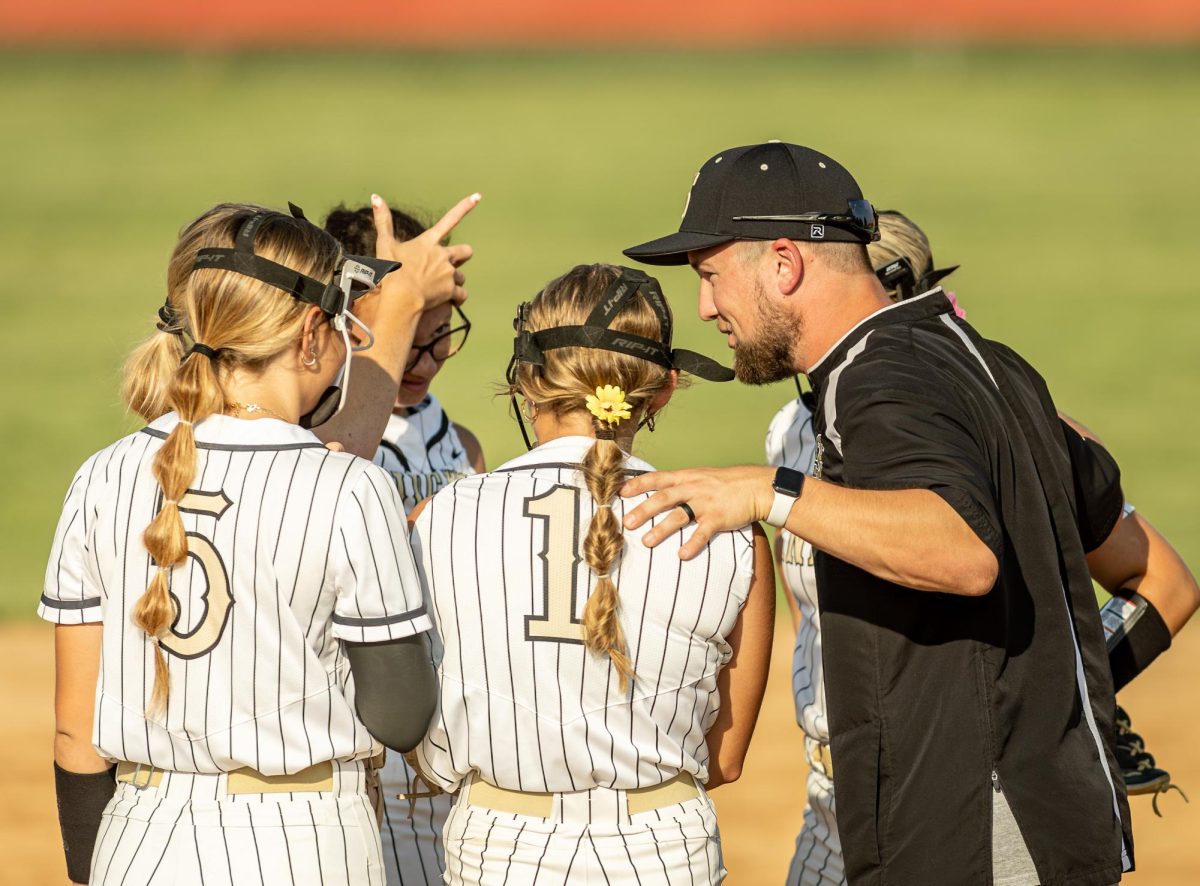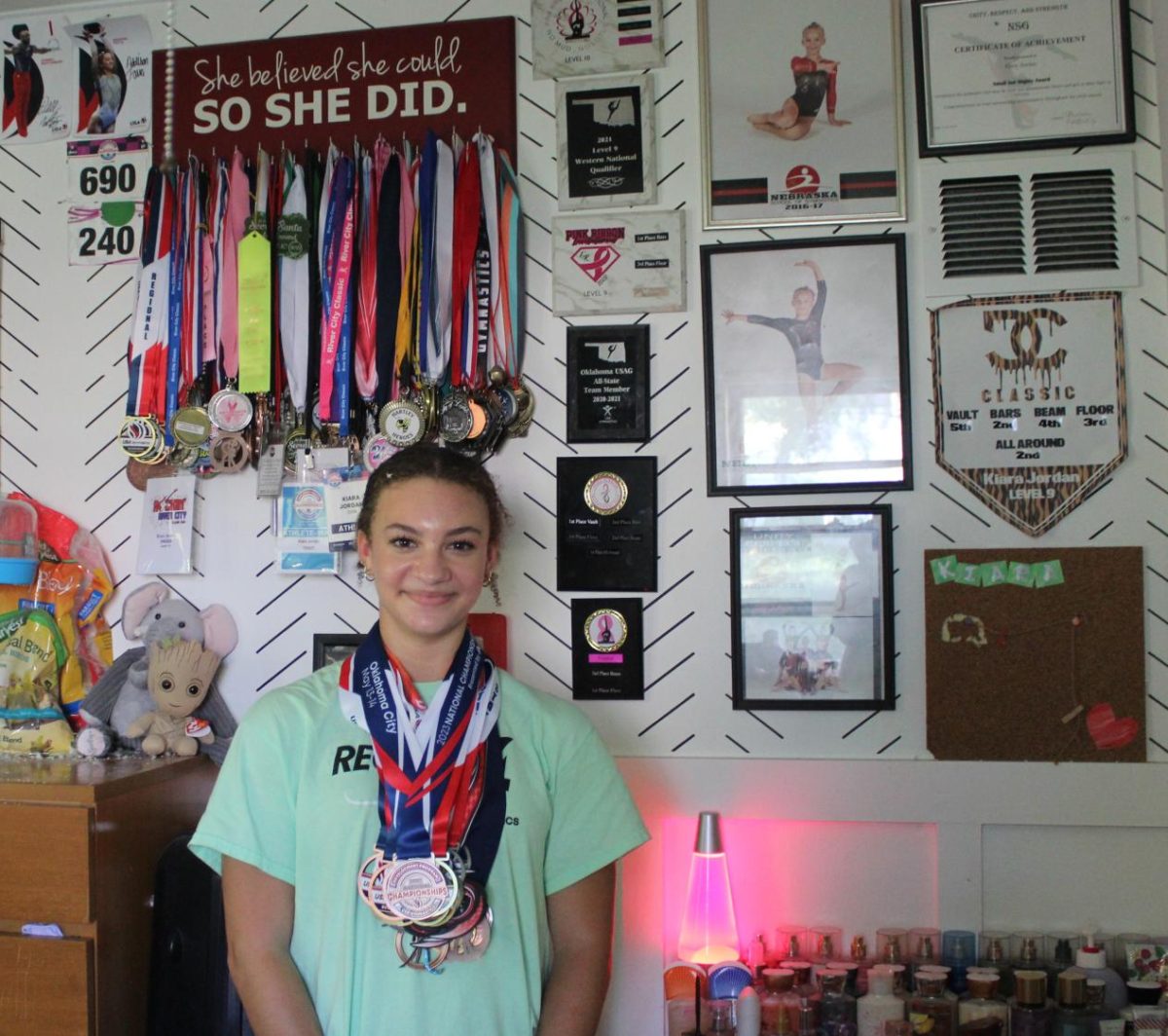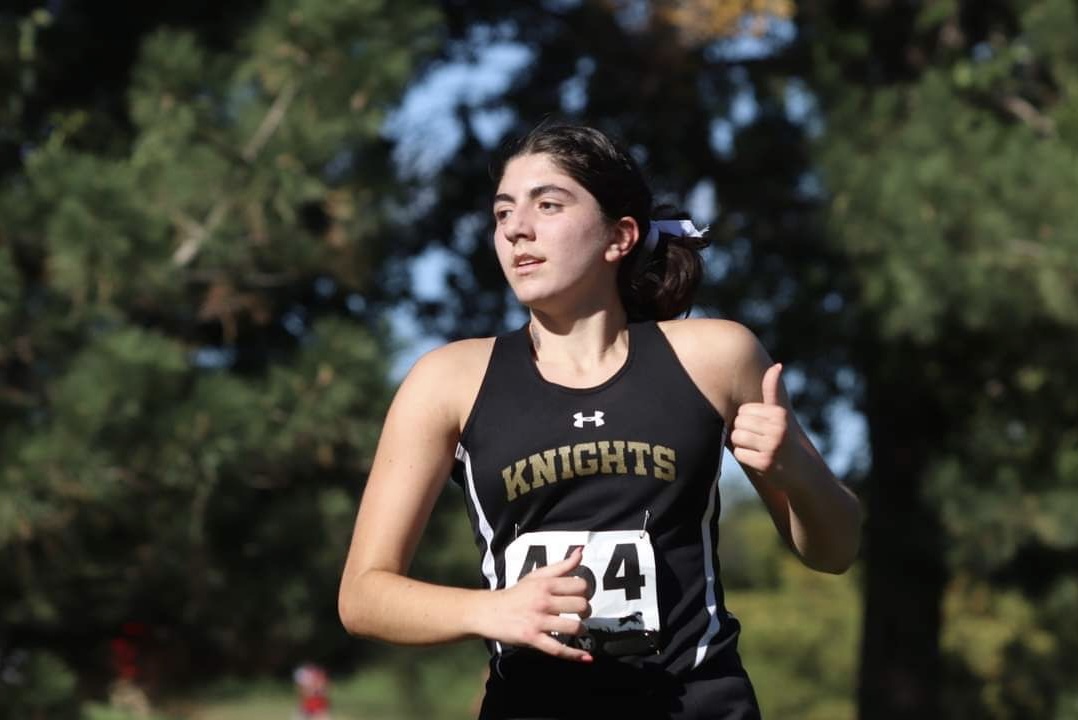Studying Tips and Tricks for Students
May 4, 2022
With Advanced Placement tests and finals coming ‘round the mountain, the study culture at Southeast turns almost polarizing. Some claim that not studying at all is the prime approach to acing those big, scary tests, while others begin making flashcards and Quizlets a month in advance. With differing advice from teachers, parents, and peers, you may feel overwhelmed with the question, “How Do I Study Effectively?” Below are some tips and tricks that can help you feel more prepared for end-of-year tests than ever.
- Know yourself: Are you a visual learner, a hands-on learner, or just not a learner at all? Take quizzes, there’s some great ones on educationplanner.org, and do some light reading to help understand how you can take advantage of how your unique brain works, and optimize your studying capabilities.
- Create a study space: Contrary to popular belief, the place where you do homework and cram for tests doesn’t have to be at a desk or in a library. However, it’s important to have a place where you do your homework consistently if you can access one. Try to avoid doing schoolwork in bed, because it can confuse brain signals on when you’re about to sleep, and when you’re going into work mode.
- Stay away from distractions: This seems obvious to some, but it’s really important that when preparing for a test or completing an assignment that TVs, radios, and video games are off and away. Multitasking isn’t a good idea when you’re trying to learn information, and you may find yourself remembering the America’s Got Talent winner’s dog’s name instead of the capital of New Jersey.
- Schedule, schedule, schedule: Write down when you’re going to hunker down and get your schoolwork done. It increases accountability and also helps you remember when to study. Putting your work in order of importance or due dates can also be helpful.
- Pretty notes aren’t a bad thing: Organized, visually pleasing, and easy-to-read notes are helpful when studying for a class where notes are a primary activity. This doesn’t mean you have to have perfect handwriting, but highlighting and giving headings and bullet points to your information will make your life easier the night before your Spanish test.
- Concentration: One of the toughest things to achieve is concentration during studying when you’d rather be watching Netflix or sleeping. Try to avoid studying right before bed or after waking up, so your brain will be awake as well. Some computers and websites also can create a focus session that prevents you from going to distracting websites and reminds you to take breaks. If scheduled breaks don’t really work for you while studying, create a reward system with food or 5 minutes of TikTok in exchange for answering 15 questions or 20 flashcards.
- Stay healthy: You’ve heard it time and time again, but for a good reason. A good night’s sleep, a healthy breakfast, and time outside are scientifically beneficial for the brain and body. Visiting the Sunken Gardens or a walk on the bike trail for 30 minutes can have excellent benefits. Creating and using these healthy habits during the final month of school can provide good results not only for your test scores but for your soul.
- Advice from Mr. Markham: As a teacher for AP human geography, Markham has much knowledge when it comes to taking AP tests. “Break [studying] up into chunks, don’t fall into the trap of thinking you need to pull an all-nighter and be confident in yourself, that goes a long way in helping people be successful.”
Remember, stay healthy and happy during these dark times of AP testing and finals. Don’t put too much pressure on yourself or others when concerning test scores and grades, take a deep breath, and do your best!

